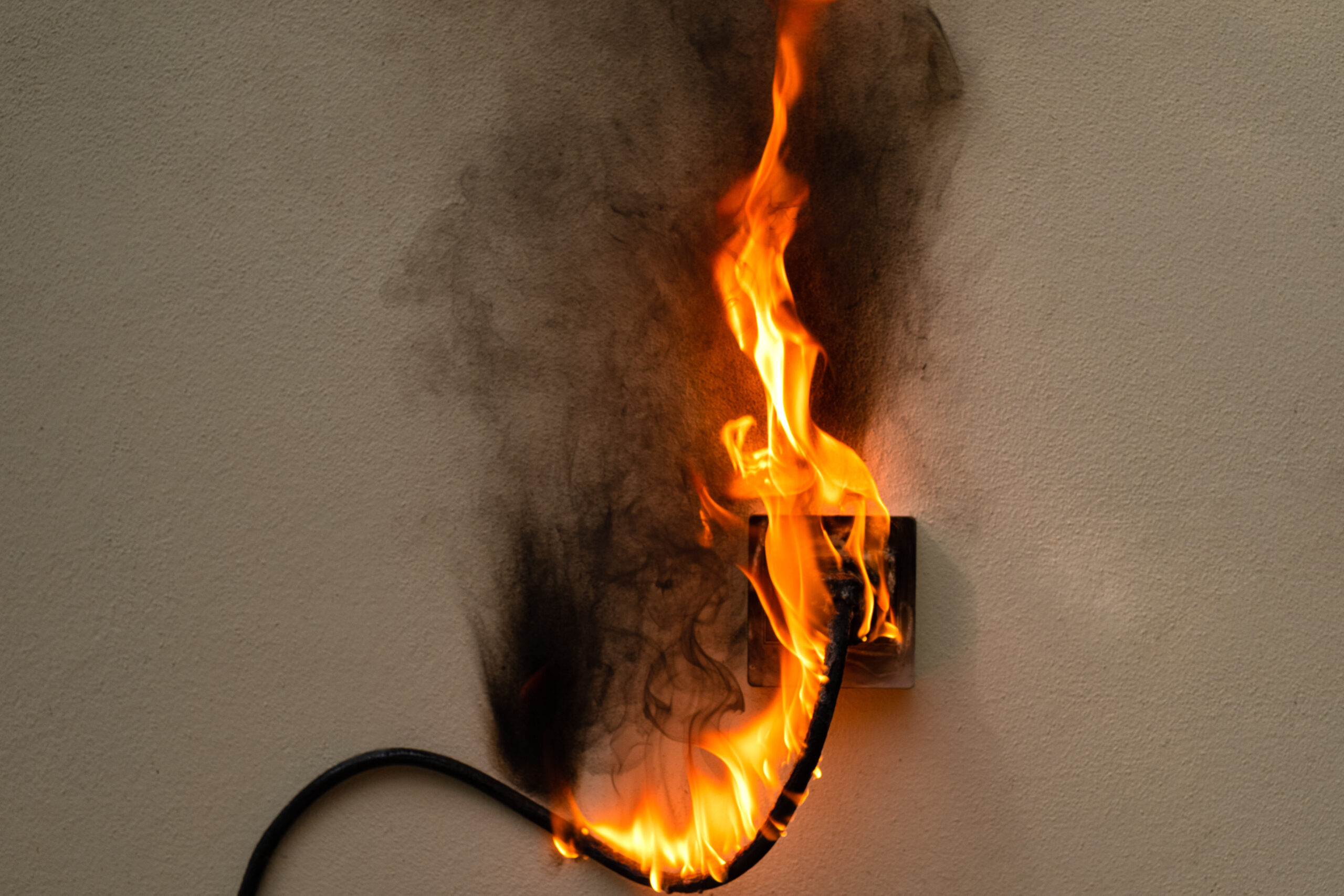Fire Safety
What does LHP do to help protect you and your home from Fire?
Fire Risk Assessments:
A Fire Risk Assessment (FRA) is an audit of a buildings current fire safety measures, and where necessary the assessment will include detailed recommendations to improve its fire safety. As with all fire safety measures, the primary goal is to keep people safe.
FRAs are carried on the Common/Communal areas of general needs and sheltered schemes, which may include for example, entrance lobbies, landings, corridors, stairwells, service cupboards and escape routes. There is no requirement for Communal Gardens to form part of the FRA.
Loft spaces are also included and inspected for breaches in fire stopping. An example of Fire Stopping would be a wall/partition constructed from fire rated materials to stop or slow the spread of fire from one compartment to another.
Internal parts of an individual dwelling that does not have Common/Communal areas would not qualify for an FRA. However, LHP will routinely carry out a brief fire inspection as part of an FRA at a sample number of individual dwellings, where access is granted. This helps us at LHP get a better understanding of the overall effectiveness of the measures we put in place to help keep you safe from fire within your homes.
How frequently do LHP carry out Fire Risk Assessments?
- At Sheltered Housing Units, Communal Lounges/Halls and Offices, LHP will carry out a Full FRA annually.
- At General Need Flat Blocks with Common/Communal Areas, LHP will carry out a Full FRA every 3 years, but also review those annually.
The FRA process:
- Identify the potential for fire hazards.
- Identify people at risk.
- Evaluate, remove, reduce, and protect from risk.
- Record, Plan, Carry out any remedial action or Upgrade.
- Monitor, Review and Revise as required.
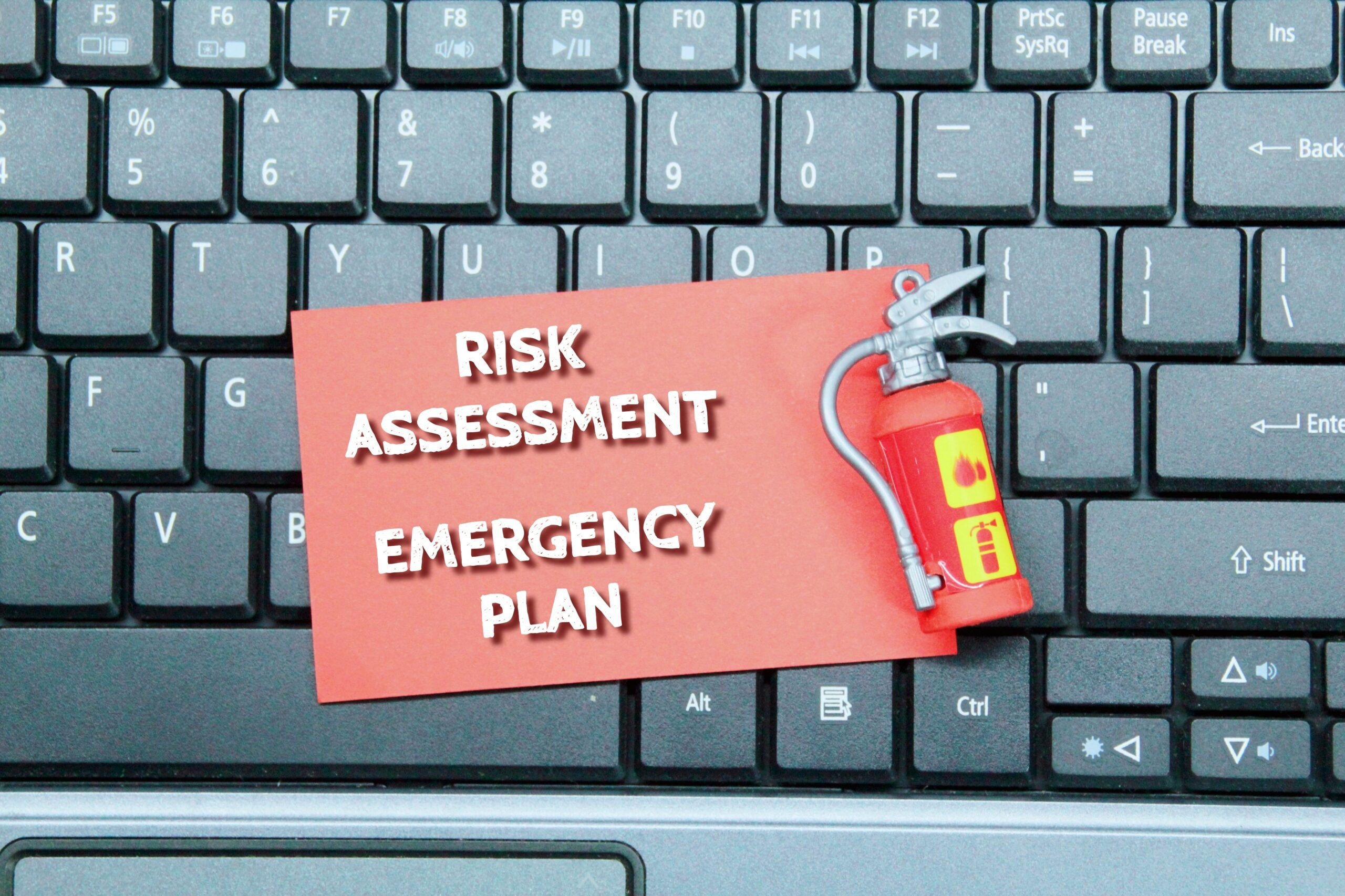
Fire Doors:
If Fire Doors are present, they will be inspected on a 6 monthly basis for condition and correct operation, and any remedial work and/or replacement identified will be carried out on a priority basis.
It is vitally important that Residents are aware of the following information.
- Fire doors should be kept shut when not in use and never propped or wedged open.
- Residents or their guests should not tamper with or remove self-closing devices.
- Residents should not remove, replace any door furniture themselves.
- Resident should report any Faults and/or Damage immediately to the responsible person. (Lincolnshire Housing Partnership)
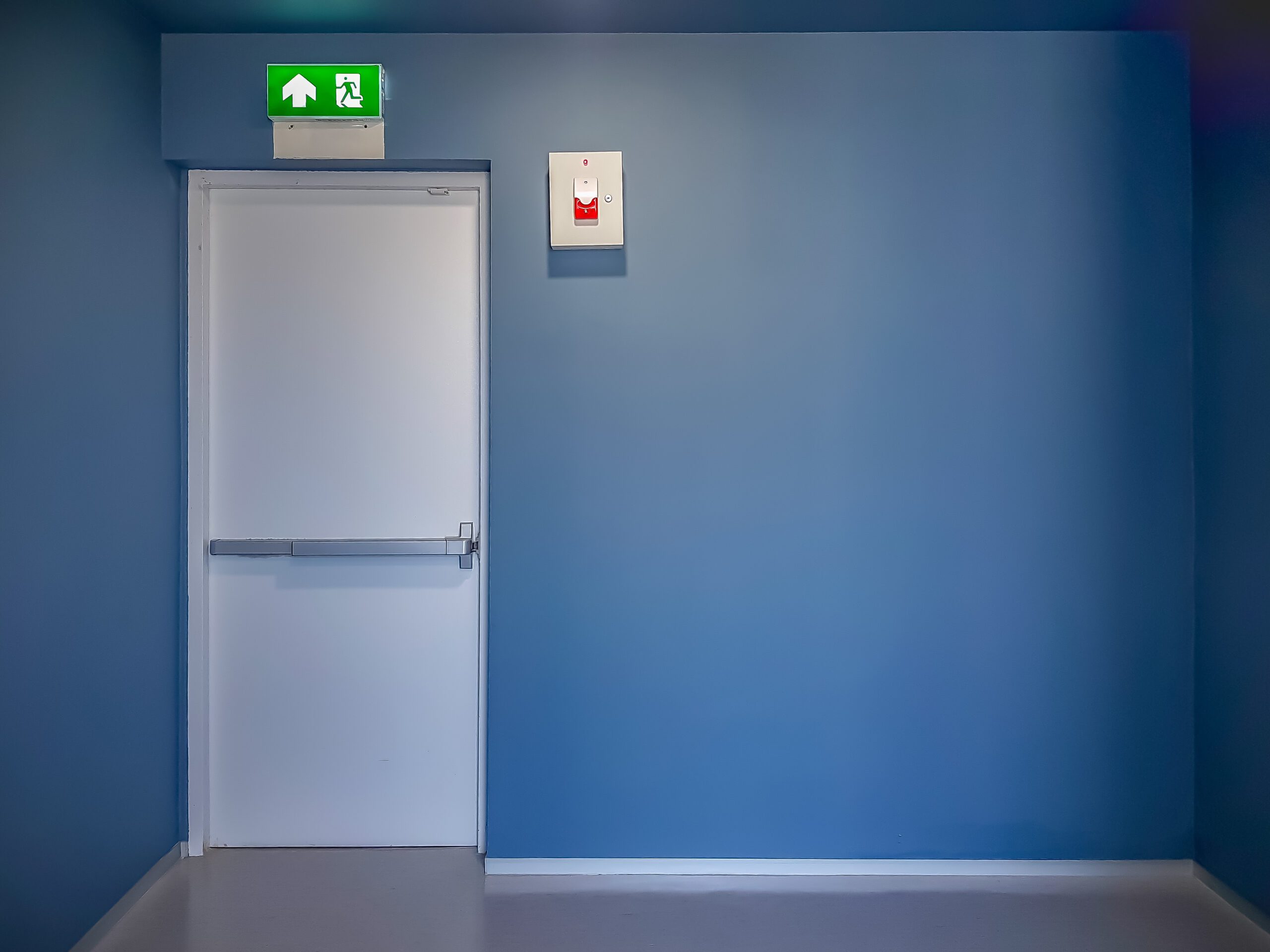
Fire Alarm systems:
Where common/communal area fire alarms are installed, these are tested on a weekly basis as part of a building safety check, any issues are recorded, and any repairs required are completed.
All LHP common area fire alarms are serviced on a 6 monthly basis, in-line with current legislation. This contract is managed by LHP, and work is carried out by a fully accredited Contractor.
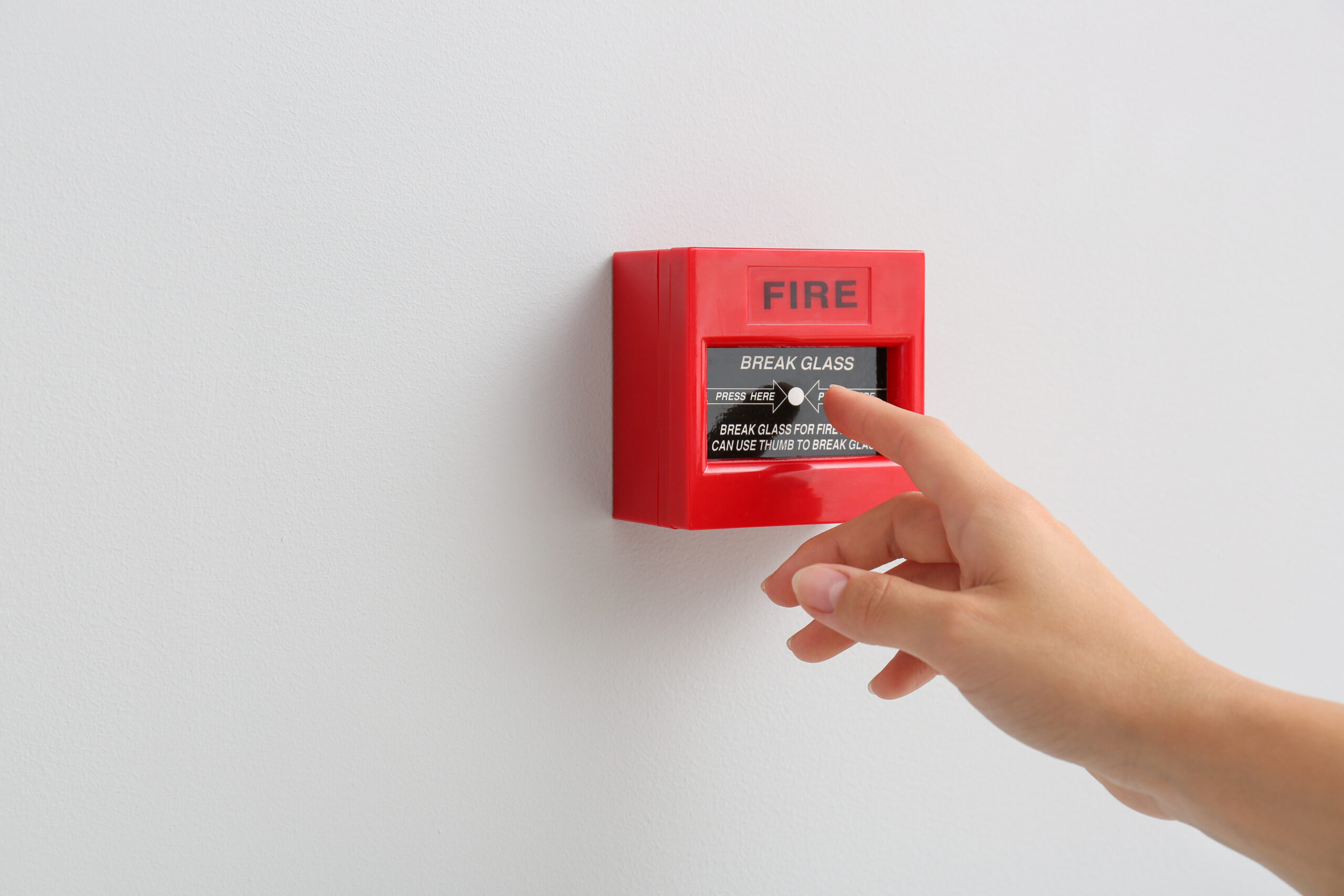
General Fire safety tips:
You are more than twice as likely to die in a fire at home if you haven’t got a working smoke alarm. A smoke alarm is the easiest way to alert you to the danger of fire, giving you time to escape. If your property does not have a smoke alarm installed, please contact LHP immediately.
Please do not tamper with or attempt to remove batteries from the detectors as it may impact the way a detector performance. If you believe your smoke alarm is faulty, please contact LHP immediately.
The more alarms you have, the safer you’ll be – as long as they are working – so make sure you test them every week. Easy to remember – Test it Tuesday.
Local Fire and Rescue services also offer free home safety visits to eligible customers. This involves them visiting your home and offering fire safety advice for you and your household. They may also be able to install your smoke alarm for free.
It’s essential that you test the battery in your smoke alarm regularly to make sure it works – only a working smoke alarm can buy you and your family the valuable time you need to get out, stay out and telephone 999.
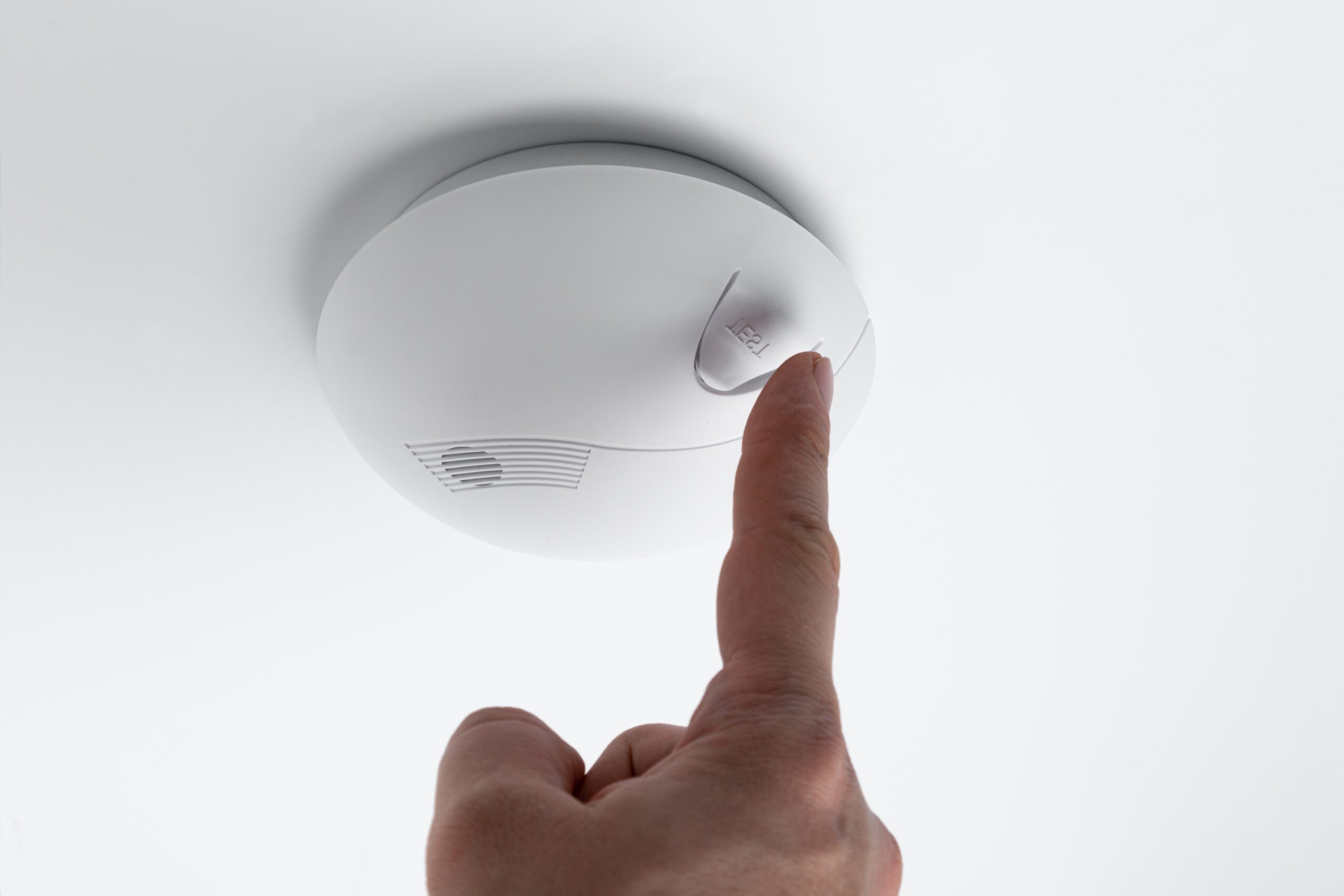
Before you go to bed
If a fire breaks out, these steps can make escaping quicker and easier but ultimately this routine can prevent a fire from happening in the first place.
Put candles and cigarettes out properly
Fires caused by smoking related materials are a big cause of fire deaths. Candles should never be left unattended.
Check that the cooker is turned off
If using an open fire, make sure all embers are fully extinguished and put up a fire guard
A spark from an unattended fire can easily cause a fire
Turn off and unplug electrical appliances unless they are designed to be left on – like the freezer
By switching off electrical appliances the risk of a fire breaking out in the home is reduced.
Turn off gas and electric heaters
By switching off heaters the risk of a fire breaking out in the home is reduced.
Keep door and window keys where everyone in the household can find them
Knowing where the keys are will provide valuable extra time to escape in an emergency.
Make sure all exits are clear
Should a fire break out, keeping walkways and exits clear will make escaping easier.
Close internal doors at night to stop a fire from spreading
If a fire breaks out, closed doors slow down the fire’s spread which gives extra time to escape.
For more information about safety in the home please visit Humberside and Lincolnshire Fire Rescue Service.
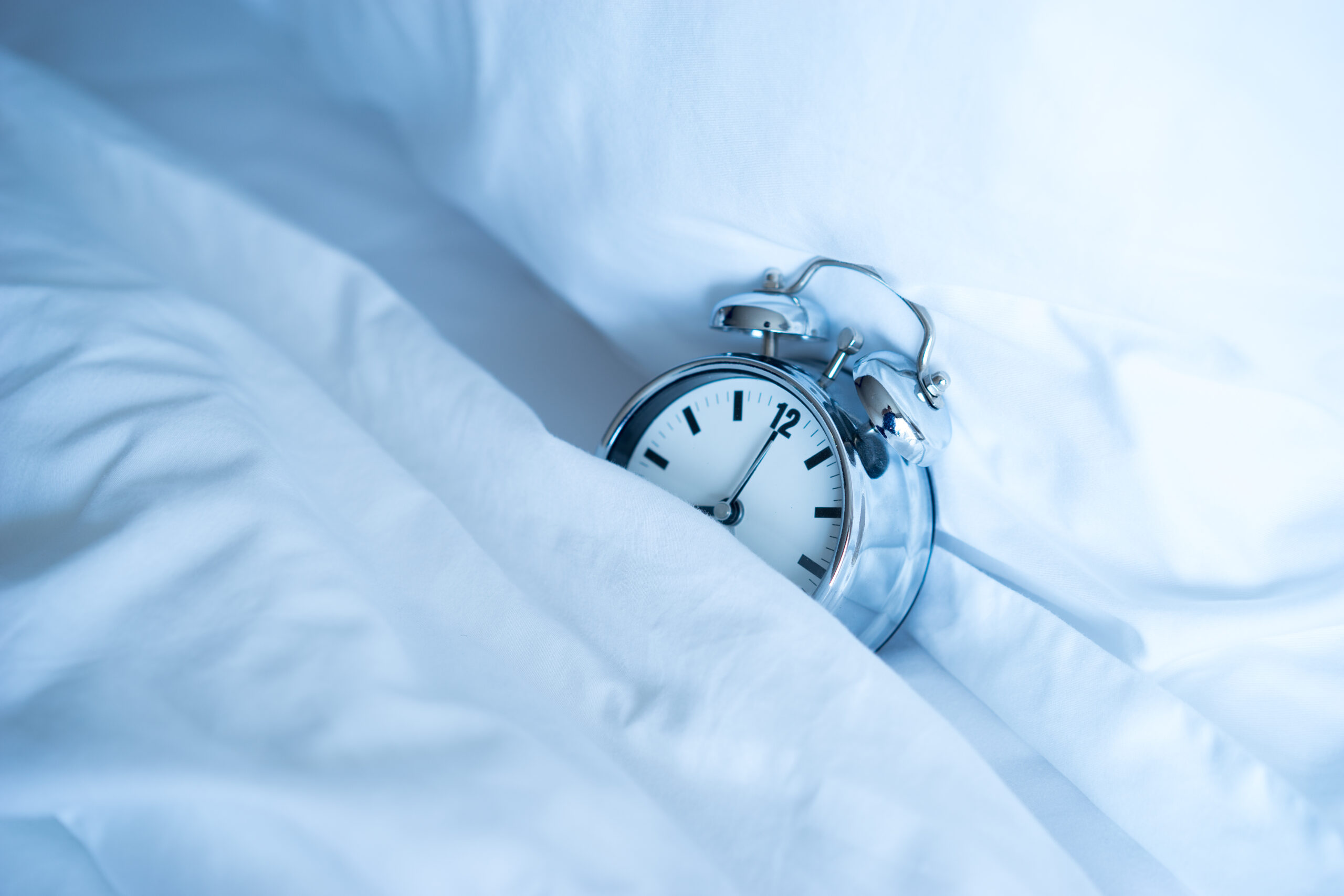
Leaving your home in the event of a fire:
- Keep door and window keys where everyone in the household can find them.
- Knowing where the keys are will provide valuable extra time to escape in an emergency.
- Make sure all exits are clear.
- Should a fire break out, keeping walkways and exits clear will make escaping easier.
- Close internal doors at night to stop a fire from spreading.
- If a fire breaks out, closed doors slow down the fire’s spread which gives extra time to escape.
Keep you and your family safer from fire:
- Prevent – Stop a fire from starting by introducing a bedtime check into the household.
- Protect – Be alerted early should a fire break out by fitting smoke alarms.
- Respond – Prepare and practice a plan of escape to use should the worst happen.
If you require any further information or advice regarding fire safety in your home, please contact us.
